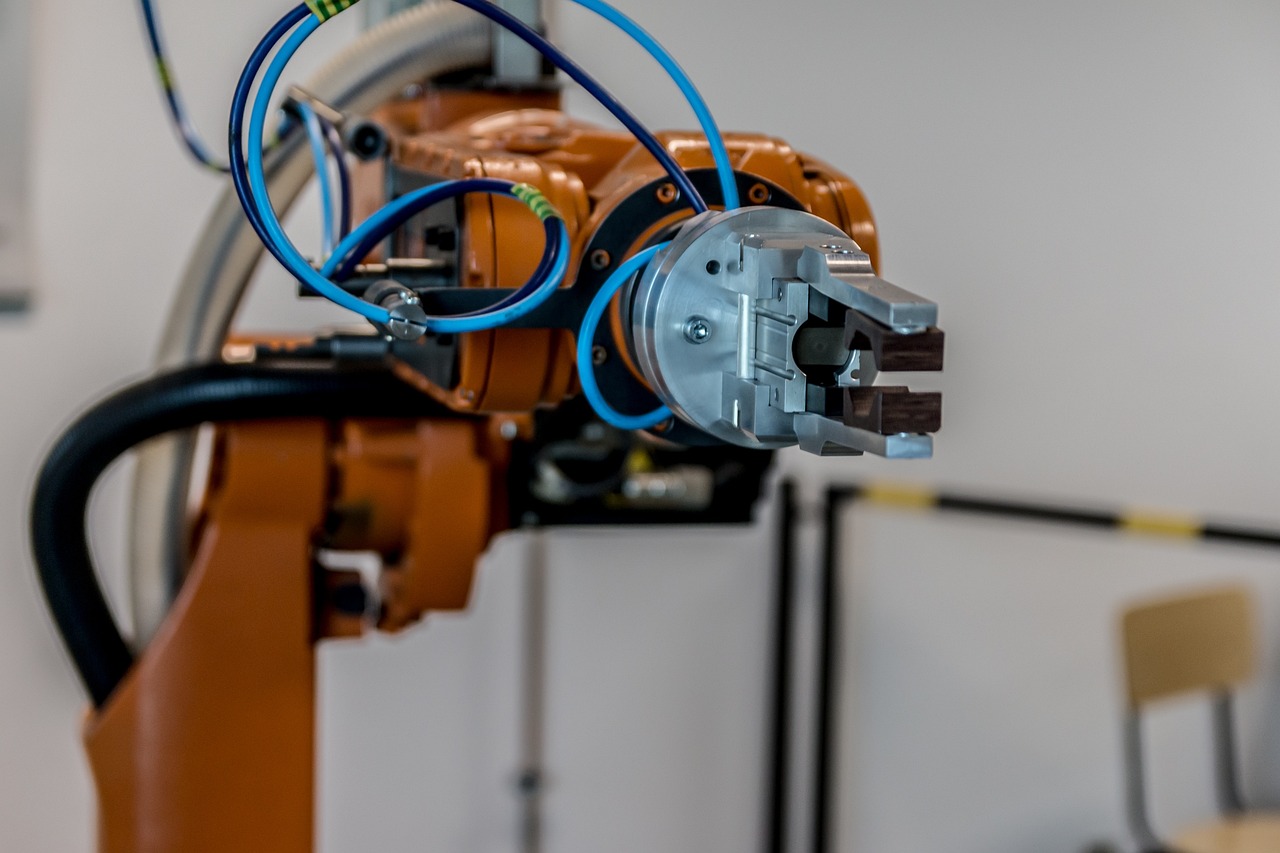In the year 2025, a seismic shift in the job market is underway, with robotics and artificial intelligence (AI) reshaping industries and displacing workers at an unprecedented pace. The official narrative touts these advancements as progress, promising efficiency, cost savings, and technological evolution. However, beneath this veneer of innovation lies a darker truth, one that reveals a carefully orchestrated agenda to consolidate power and control through the manipulation of labor and technology.

As major tech giants like IBM, Meta, and Microsoft wield the power of AI to streamline operations and cut costs, thousands of white-collar tech jobs are being replaced, leading to economic upheaval and widening income inequality. The mainstream view presents this as a necessary adaptation to the digital age, urging workers to reskill and pivot towards AI-resistant fields. Yet, this narrative conveniently overlooks the systemic dismantling of traditional job structures, leaving many vulnerable to the whims of automation and corporate interests.
The rise of AI in the workplace is not merely about technological progress; it is a calculated strategy to displace human workers and consolidate control in the hands of a select few. Companies like Amazon, Atlassian, and Google are at the forefront of this shift, prioritizing profit margins over human livelihoods. The pattern is clear: as AI integration deepens, so does the erosion of stable employment, pushing workers into precarious positions with limited bargaining power and uncertain futures.
The implications of this orchestrated disruption are far-reaching, impacting not just individual workers, but entire communities and economies. Income inequality will continue to widen as traditional job markets shrink, exacerbating social divides and creating a class of disenfranchised individuals reliant on precarious gig work. The power dynamics between labor and capital are being reshaped, with labor increasingly marginalized and commodified in the pursuit of corporate profits.
The intent behind this systematic displacement of workers is clear: to exert control over the workforce, destabilize traditional labor structures, and amass wealth and power in the hands of a select few. The means employed, from widespread layoffs to the implementation of AI-driven systems, serve to strip workers of agency and bargaining power, rendering them disposable in the pursuit of corporate efficiency. The opportunity for exploitation and manipulation is ripe, with corporations leveraging technological advancements to entrench their dominance and influence over the global economy.
Looking ahead, the trajectory is ominous. Without intervention, the relentless march towards automation and AI-driven systems will continue to erode the foundations of stable employment, leaving millions at the mercy of corporate interests and technological determinism. The battle for labor rights, economic justice, and human dignity in the face of this onslaught is not just a matter of policy; it is a fundamental struggle for the soul of society, where the choices we make today will shape the world we inherit tomorrow.

